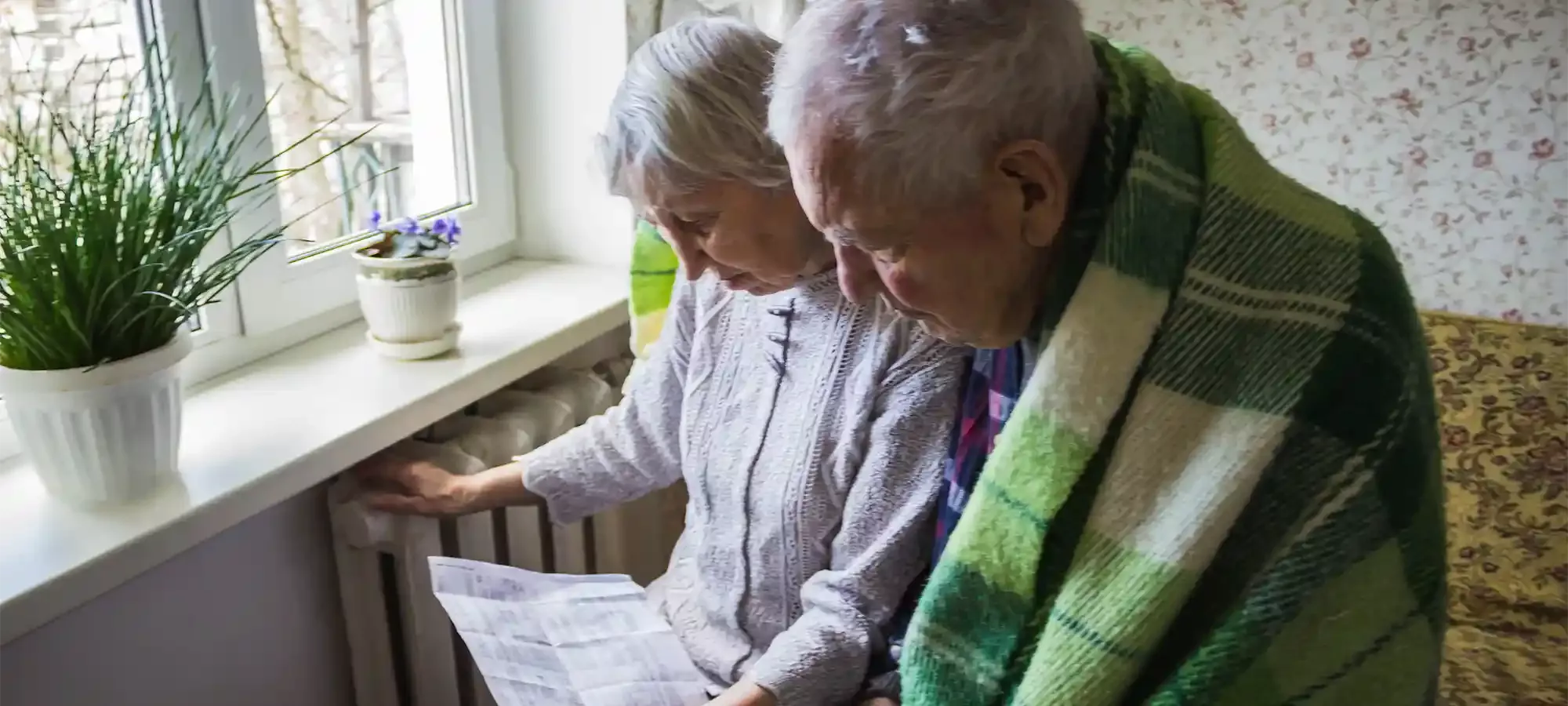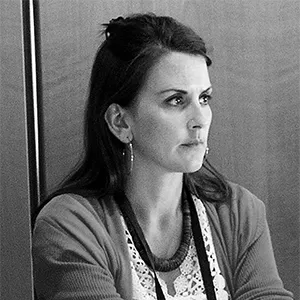Fuel and Transport Poverty in the UK's Energy Transition (FAIR)
Overview
The FAIR (Fuel and trAnsport poverty In the UK’s energy tRansition) project will examine the intersections between fuel and transport poverty, and low carbon energy transitions, in the UK. Fuel poverty has been defined as the inability to secure materially- and socially-necessitated energy services, such as heating a home or using appliances. Transport poverty is the enforced lack of mobility services necessary for participation in society, resulting from the inaccessibility, unaffordability or unavailability of transport.
Although fuel and transport poverty have until now typically been treated as distinct problems with their own causes and consequences, we argue that they are in fact deeply interlinked and potentially mutually reinforcing, and that it is vital to conduct research to better understand these linkages. This is urgently needed in the context of the UK’s decarbonisation effort, so that for example vehicle electrification and ‘smart’ technologies do not create new injustices.
Aim and Objectives
The FAIR project’s core aim is to understand how the intersection of energy and transport system decarbonisation may influence fuel and transport poverty across space and time, underpinned by the assertion that some people and places may become vulnerable as a result of decarbonisation. To do this, we answer the following research question: In the context of rapid decarbonisation, what are the current and future injustices that underpin vulnerability to fuel and transport poverty in the UK?
Research Approach
We will:
- systematically examine who and where is presently vulnerable to fuel and transport poverty in the UK, to what extent, and why;
- unveil how such vulnerabilities alter and shape the UK’s energy transition (including efforts to alter household and transport energy demand), and thus how the patterns and prevalence of fuel and transport poverty may shift during transition processes;
- propose how low carbon energy and transport transitions can be developed so that they promote a more just society.
In brief
Duration
2019 - 2023
Funder
CREDS, UKRI
Partners
Mari Martiskainen (PI, Sussex); Kirsten Jenkins (co-I, Edinburgh); Stefan Bouzarovski (co-I, Manchester); Benjamin Sovacool (co-I, Sussex); Neil Simcock (co-I, Liverpool John Moore); Paul McKenzie (Co-I, Ulster); Giulio Mattioli (TU Dortmond)
Principal Investigator
Contact


